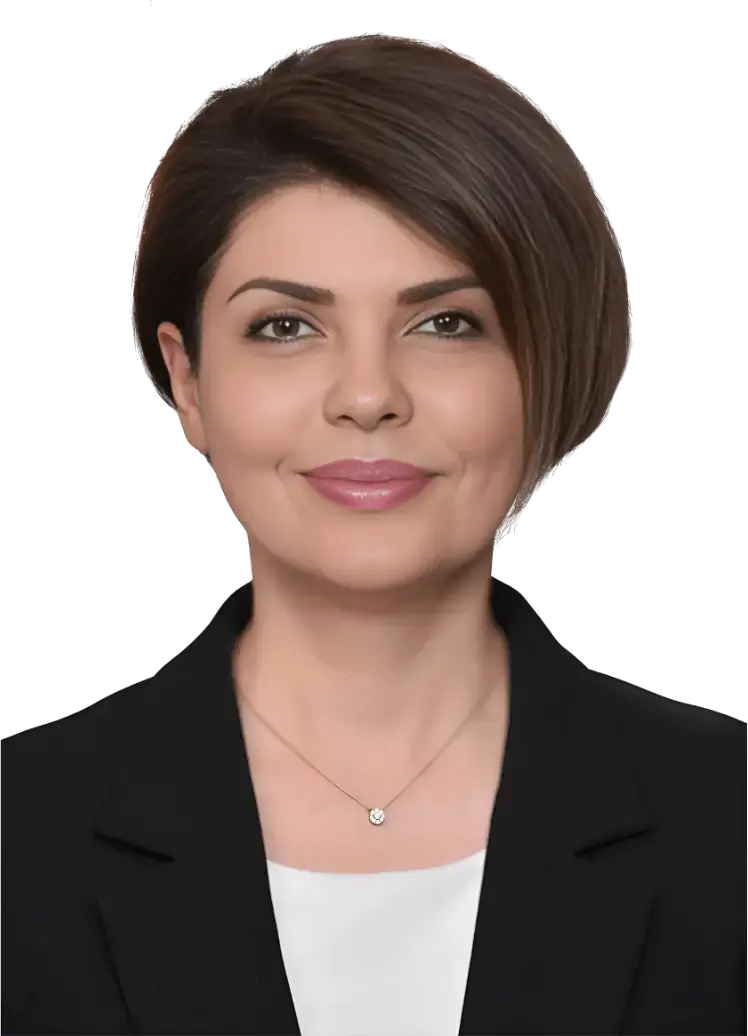Neurological Conditions, Brampton

Holistic Support for Neurological Conditions, Brampton Acupuncture
Neurological conditions affect the brain, spinal cord, and peripheral nerves, often causing symptoms like pain, numbness, tingling, weakness, or impaired coordination. At Brampton Naturopath Osteopath Clinic, our registered acupuncturists offer a natural and supportive approach to help improve nerve function, reduce inflammation, and restore balance using Traditional Chinese Medicine (TCM) principles.
Conditions We Support
- Peripheral neuropathy (diabetic, idiopathic, or post-viral)
- Post-stroke recovery and rehabilitation
- Multiple sclerosis (MS) symptom support
- Bell’s palsy and facial nerve dysfunction
- Trigeminal neuralgia
- Chronic migraines and tension headaches
- Parkinson’s symptom management
- Neck pain, tingling, or nerve compression syndromes
How Acupuncture Helps
Acupuncture stimulates the body’s nervous, circulatory, and immune systems to improve communication between brain and body. For neurological conditions, we focus on regulating nerve signals, reducing inflammation, improving circulation to affected areas, and calming the central nervous system. Treatments are customized to your condition, history, and symptoms.
Benefits of Acupuncture for Neurological Issues:
- Reduces nerve pain and numbness
- Improves blood flow to injured or damaged nerves
- Enhances motor control and coordination
- Supports muscle strength and flexibility
- Calms anxiety and stress linked to chronic conditions
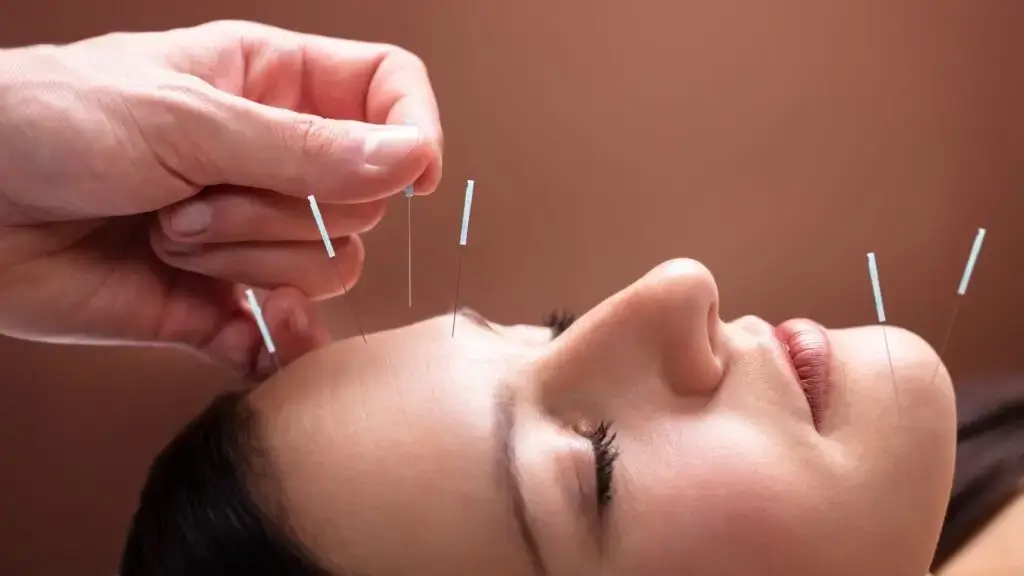
Our Acupuncture Approach
We combine modern biomedical understanding with Traditional Chinese Medicine diagnostics to treat the root causes and systemic imbalances contributing to neurological dysfunction. This may involve stimulating points along meridians that regulate the liver, kidney, heart, or brain function depending on your presentation.
Techniques May Include:
- Electro-acupuncture for nerve stimulation
- Motor point therapy to improve muscle control
- Scalp acupuncture for central nervous system access
- Body acupuncture to relieve associated pain or stiffness
- Moxibustion or cupping for circulation and warmth
Complementary Care Options
To enhance results, many patients also work with our naturopaths, osteopaths, and massage therapists. Together, we develop integrative recovery programs that support neurological regeneration, energy, and emotional well-being.
Support May Include:
- Anti-inflammatory nutrition and supplements
- Physical rehabilitation and joint mobility care
- Mind-body stress regulation and sleep support
- Herbal medicine for circulation and nerve repair
What to Expect
Your first visit includes a detailed intake, physical assessment, and pulse/tongue evaluation according to TCM principles. Treatments are gentle and personalized. Many patients notice gradual improvement over several sessions, especially with consistent care and follow-up.
Initial Visit Includes:
- Complete neurological and energetic assessment
- Goal-setting and care plan development
- Customized acupuncture session
- Optional electro-stimulation or bodywork
- Home strategies to support healing

Headaches
Headaches are a common neurological condition that affect millions of people and can range from mild discomfort to severe, debilitating pain. They may be triggered by various factors such as stress, illness, or injury, and symptoms often differ from person to person. While some headaches last only a few hours or days (acute), others can persist for a week or longer and may become chronic in nature.
Acupuncture treatment is widely recognized as an effective approach for managing headaches. By targeting specific acupuncture points on the body, this therapy helps regulate energy flow, reduce muscle tension, and improve blood circulation. As a result, patients often experience a decrease in the frequency and intensity of headaches, along with improvements in energy levels, mood, sleep quality, and reduced anxiety or depression.
Acupuncture involves the insertion of ultra-thin needles into carefully selected points that correspond to the body’s organ systems and meridian pathways. This holistic, non-pharmacological treatment offers lasting relief with minimal side effects.
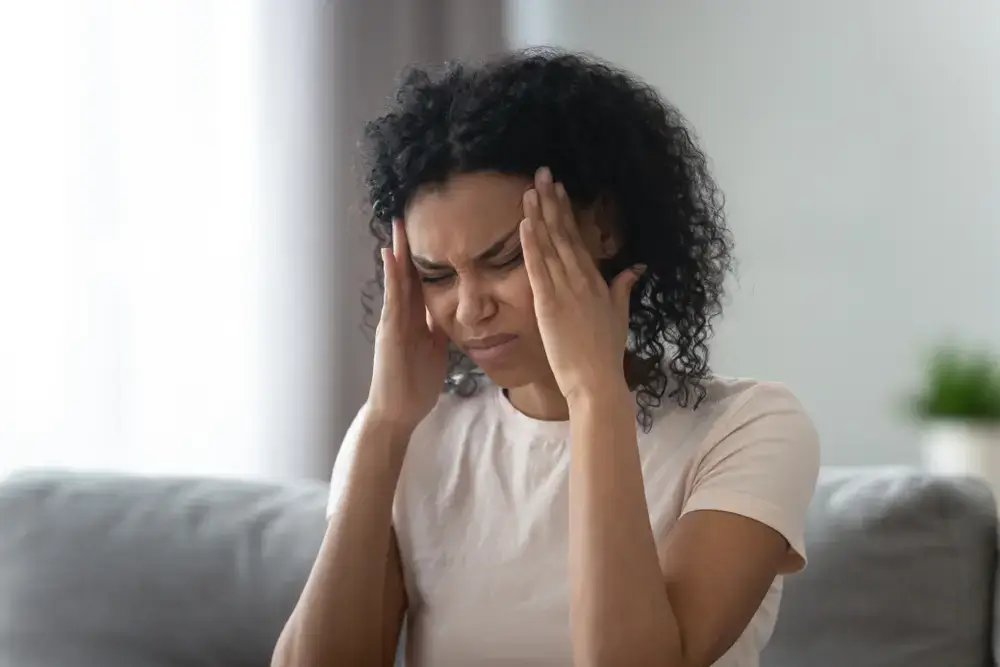
Migraines
Migraines are a severe form of headache that often come with additional symptoms such as visual disturbances (auras), nausea, and sensitivity to light and sound. In many cases, individuals who suffer from migraines also experience emotional challenges like anxiety and depression. While migraines tend to be more prevalent in women, they can affect anyone, and their frequency can vary—from occasional episodes to daily occurrences.
Acupuncture therapy, a core practice of Traditional Chinese Medicine for over 2,000 years, is widely used to relieve migraine symptoms and improve overall quality of life. The technique involves the insertion of ultra-fine needles into specific points on the body to regulate energy flow, reduce tension, and stimulate natural healing processes.
Many acupuncture sessions may also incorporate additional therapeutic techniques such as gentle electrical stimulation, cupping (mouth suction), and trigger point release. These methods can help decrease migraine frequency and intensity. Patients often report enhanced relaxation and discover valuable self-management tools like breathing and mindfulness techniques through their acupuncture journey.
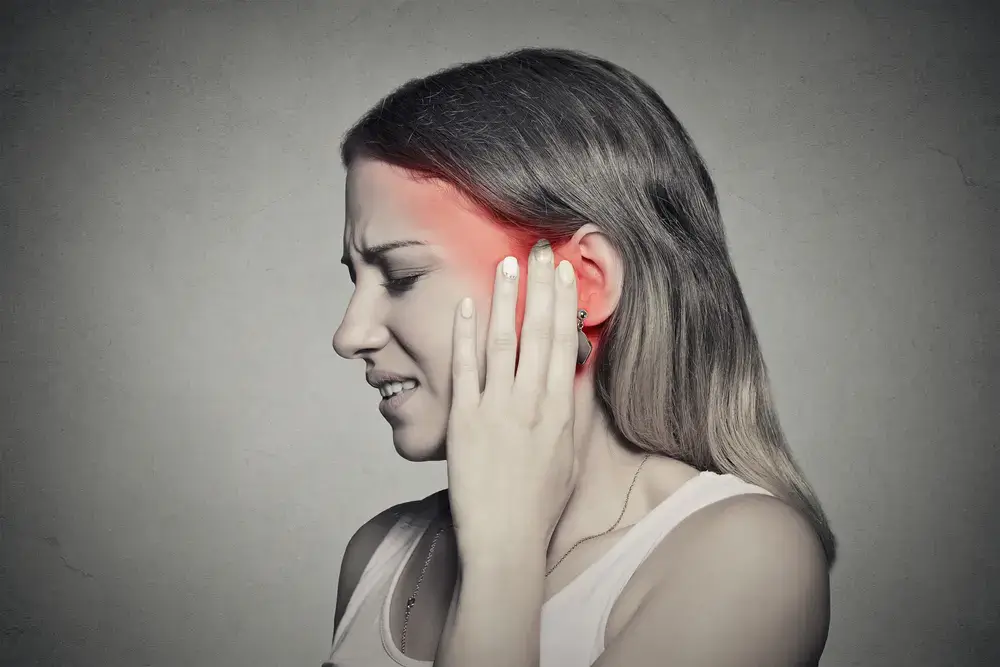
Neuralgias
Neuralgias are characterized by sudden, sharp, or stabbing pain that typically affects the head, neck, or face. These intense sensations often occur on one side of the body and may last anywhere from a few seconds to several minutes. Neuralgias can be triggered by various underlying causes such as nerve damage, disc degeneration, infections, or even tumors. There are several types of neuralgia, including trigeminal neuralgia and occipital neuralgia, each requiring targeted approaches for treatment.
Acupuncture has shown promising results in managing neuralgia-related pain. This traditional Chinese therapy involves the insertion of ultra-fine needles at strategic points on the body to reduce nerve irritation, relieve pressure, and improve circulation. For patients suffering from conditions like trigeminal neuralgia, acupuncture can significantly alleviate pain and restore quality of life.
Many individuals report long-lasting relief from neuralgia symptoms with consistent acupuncture sessions—without the side effects often associated with medications. The treatment is known to be highly effective, with studies citing success rates of over 90% in some cases.
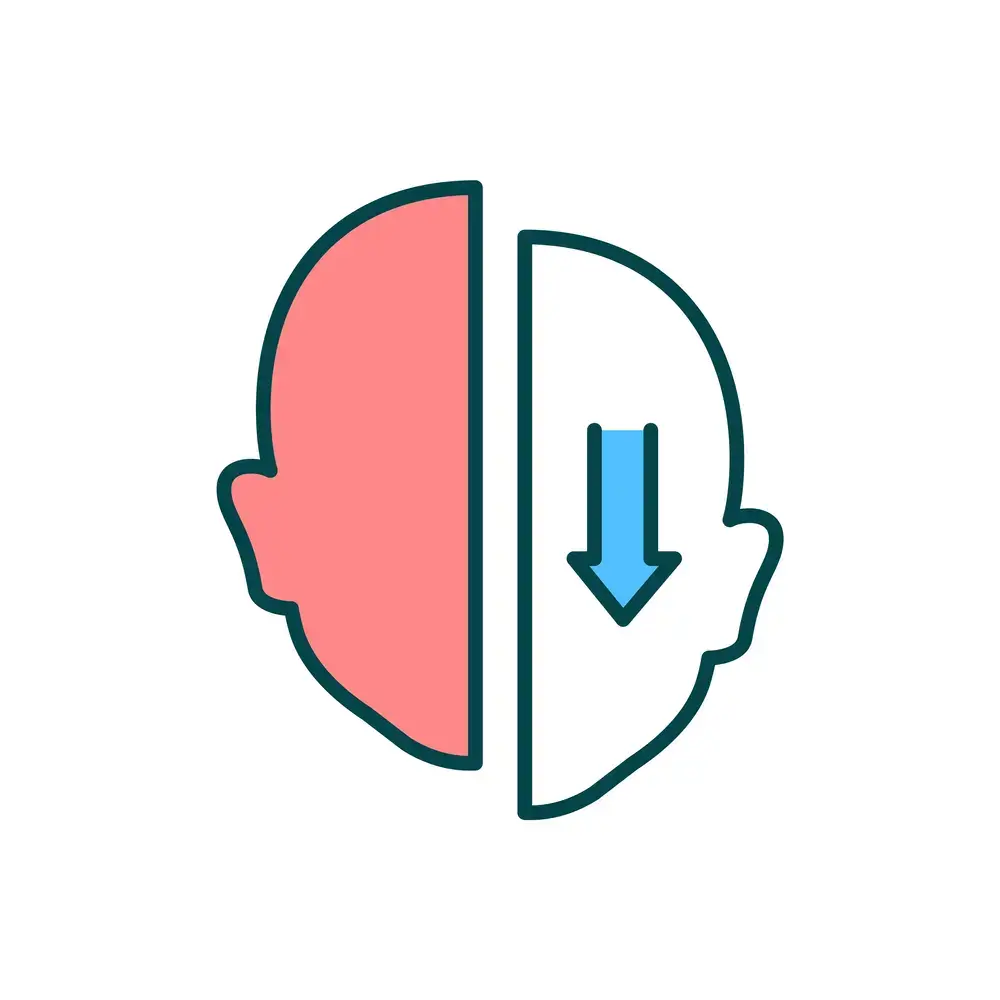
Forms of Paralysis
Paralysis is a neurological condition characterized by the partial or complete loss of muscle function in one or more parts of the body, such as the limbs, torso, or head. The severity and duration of paralysis can vary—some cases are temporary and resolve within days, while others may be permanent and significantly impact daily life.
Acupuncture, a cornerstone of Traditional Chinese Medicine, has gained global recognition for its ability to support recovery in individuals with paralysis, particularly those affected by neurological conditions. This therapy involves the strategic placement of fine needles into specific points on the body to stimulate nerve activity and promote healing.
In patients with paralysis, acupuncture has been shown to enhance nerve function, reduce muscle spasms, and improve circulation—factors that are essential for motor recovery. By activating the body’s natural healing processes, acupuncture may help restore partial mobility, reduce discomfort, and improve overall quality of life.
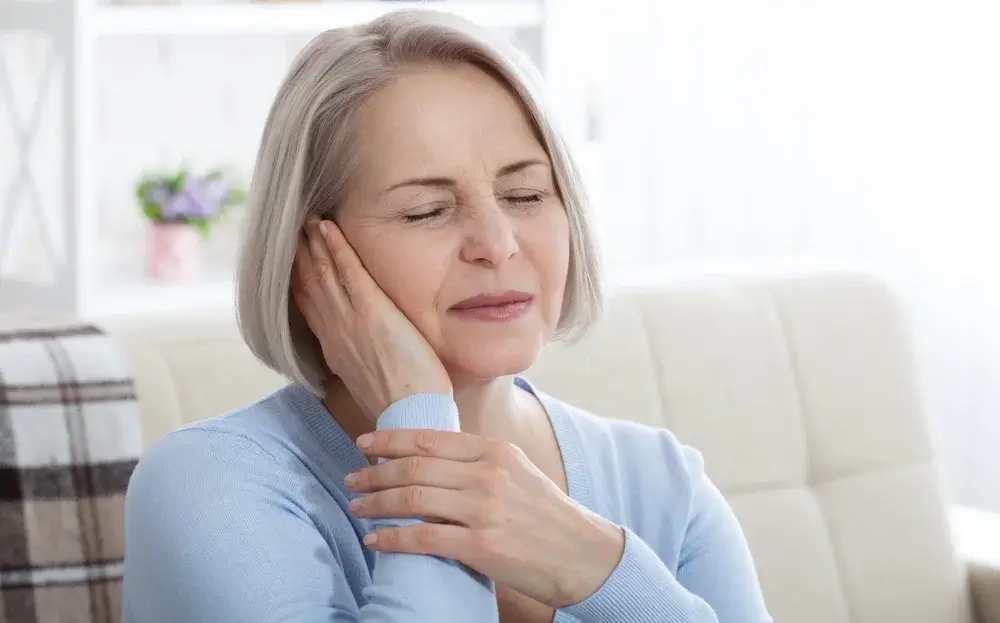
Tinnitus
Tinnitus is a condition characterized by hearing sounds that have no external source. These phantom sounds can vary in type and intensity and are generally classified as either objective or subjective. Objective tinnitus—such as hissing, roaring, or pulsating noises—can sometimes be detected by others nearby. Subjective tinnitus, which includes buzzing, ringing, clicking, or tapping, is only perceived by the individual affected and is far more common.
Acupuncture therapy offers a gentle, drug-free approach to managing tinnitus symptoms. While conventional treatments often involve medications or surgery—both of which can be costly and carry potential side effects—acupuncture is a safe, holistic alternative grounded in Traditional Chinese Medicine.
By inserting fine needles at targeted acupoints, acupuncture aims to restore balance within the nervous system, improve circulation, and reduce underlying inflammation that may contribute to tinnitus. Many patients experience relief in the intensity and frequency of their symptoms, making acupuncture a promising option for those seeking natural tinnitus management.
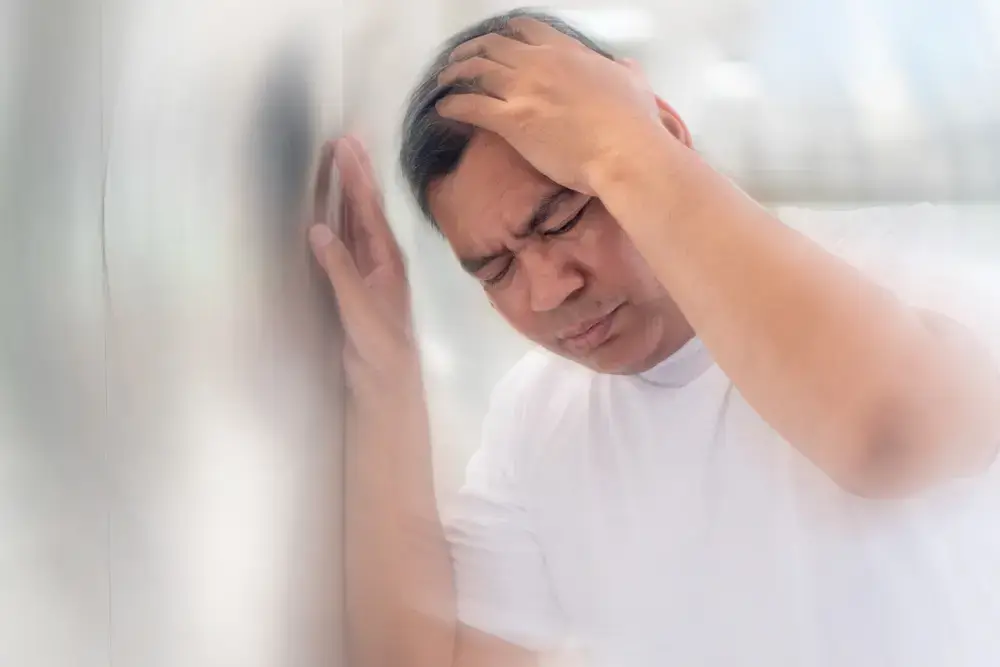
Vertigo
Vertigo is a disorienting symptom that creates the sensation of spinning or movement, even when you're still. It may feel as though the room is rotating around you, and episodes can be either brief or prolonged. Alongside the spinning sensation, individuals may also experience dizziness, nausea, vomiting, ringing in the ears (tinnitus), light and sound sensitivity, or even a rapid heartbeat.
Acupuncture therapy provides a gentle, non-invasive option for those suffering from vertigo. Rooted in Traditional Chinese Medicine, acupuncture involves inserting ultra-fine needles into specific points on the body to restore energetic balance and support nervous system function.
Unlike medications or surgery, acupuncture does not come with harsh side effects, and treatments are generally short in duration. Most individuals respond well within an average of 8–10 sessions. It's an affordable, natural approach that has shown promising results in reducing dizziness and improving overall balance. For those looking for safe, drug-free relief from vertigo, acupuncture is a compelling and effective choice.
FAQs – Neurological Acupuncture
Can acupuncture restore damaged nerves?
While acupuncture may not regenerate fully damaged nerves, it can improve circulation, reduce inflammation, and support healing for partially affected tissues.
Is acupuncture safe for neurological conditions?
Yes. Our registered practitioners use gentle, evidence-informed techniques to ensure safety and effectiveness for all patients.
How many sessions are recommended?
Depending on the condition, we typically recommend 6–12 sessions, with reassessment after every few visits to track progress.
Does it hurt?
Acupuncture needles are extremely thin and most patients find treatments relaxing and virtually painless.
Brampton Naturopath Osteopath Clinic: Acupuncture Services
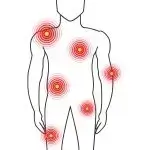
Musculoskeletal Pain
At Brampton Naturopath Osteopath Clinic, our Acupuncture treatments effectively address musculoskeletal pain by reducing inflammation, improving circulation, and relieving muscle tension. Whether you're dealing with back pain, joint stiffness, or repetitive strain injuries, our acupuncture therapy offers a natural, drug-free path to pain relief and mobility restoration.
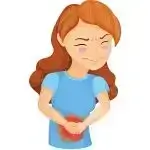
Obstetrics, Gynecological Conditions
At Brampton Naturopath Osteopath Clinic, we support women's reproductive health through personalized naturopathic care for obstetric and gynecological conditions. From menstrual irregularities and hormonal imbalances to fertility, pregnancy, and menopause, our holistic approach helps restore balance, reduce symptoms, and enhance overall wellness at every stage of a woman’s life.
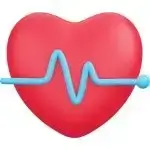
Cardiovascular Disorder
At Brampton Naturopath Osteopath Clinic, we offer integrative support for cardiovascular disorders such as hypertension, high cholesterol, and arteriosclerosis. Using evidence-based naturopathic therapies, we help manage heart health by addressing lifestyle, nutrition, inflammation, and stress—promoting better circulation and long-term cardiovascular wellness.
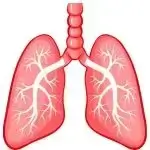
Respiratory Conditions
Acupuncture therapy helps support respiratory conditions such as asthma, allergies, sinusitis, and chronic bronchitis. Acupuncture helps open airways, reduce inflammation, and regulate immune responses—providing natural, drug-free relief for easier breathing and long-term respiratory health.
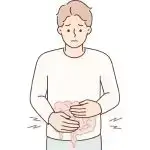
Digestive Disorders
Acupuncture treatments are tailored to help manage digestive issues such as bloating, IBS, acid reflux, constipation, and nausea. By targeting key meridian points, acupuncture can improve gut motility, reduce inflammation, and restore balance within the digestive system—supporting better digestion and overall gut health.
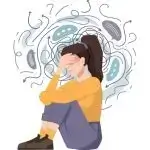
Psychological Conditions
Acupuncture treatments support mental wellness by addressing psychological conditions such as anxiety, depression, insomnia, and stress. Through gentle stimulation of specific points, acupuncture helps regulate the nervous system, calm the mind, and promote emotional balance—offering a natural, holistic approach to mental health care.
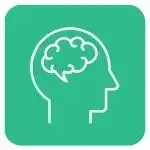
Neurological Conditions
Acupuncture treatments provide supportive care for neurological conditions such as migraines, sciatica, neuropathy, and trigeminal neuralgia. By stimulating targeted acupuncture points, we help reduce nerve pain, improve circulation, and promote neural function—offering a non-invasive, drug-free option to support neurological health.

Pregnancy Care
Acupuncture services support women through all stages of pregnancy—from relieving morning sickness and fatigue in the first trimester to reducing back pain, anxiety, and swelling in later stages. This gentle, drug-free therapy helps balance hormones, ease discomfort, and promote a healthier pregnancy experience.
If you liked this content and found it to be informative, please rate it.




